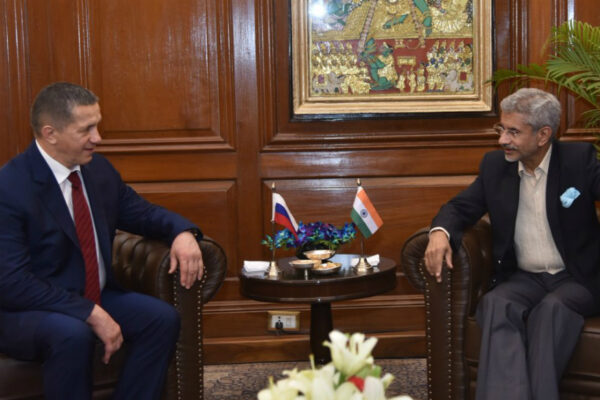
New Delhi: External Affairs Minister S Jaishankar is expected to join his Chinese and Russian counterparts at a virtual conference of the Russia-India-China (RIC) trilateral on June 22 against the backdrop of a tense border standoff between Indian and Chinese militaries, diplomatic sources said on June 15.
The meeting, being convened at the initiative of Russia, is expected to deliberate on a range of key issues like ways to collectively tackle the Coronavirus pandemic and address common security threats, they said. It is unlikely that the border standoff between India and China will figure in the meeting as bilateral issues are usually not discussed under the trilateral format, the sources said citing convention.
“It will be a good opportunity for all the three countries to come together and discuss regional issues in order to synchronise our views to contribute to regional stability,” according to a senior diplomat said to a news agency.
Indian and Chinese troops have been engaged in a bitter standoff in several areas along the Line of Actual Control (LAC) in mountainous eastern Ladakh for over five weeks. Both the countries are holding talks at military and diplomatic levels to resolve the dispute.
Russia has already said that India and China should resolve the border dispute through talks and that a constructive relationship between the two countries was important for regional stability. The trilateral meeting on June 22 was scheduled to be held in March, but had to postpone due to the Coronavirus crisis.
The three foreign ministers are also expected to deliberate extensively on the evolving political situation in Afghanistan after the US inked a peace deal with the Taliban in February. The deal provided for the withdrawal of American troops from Afghanistan, effectively drawing curtains to Washington’s 18-year war in the country.
The meeting of the RIC foreign ministers is also expected to delve into key connectivity projects in the region including the implementation of the 7,200 km-long International North South Transport Corridor (INSTC) linking India, Iran, Afghanistan and Central Asia with Europe.








